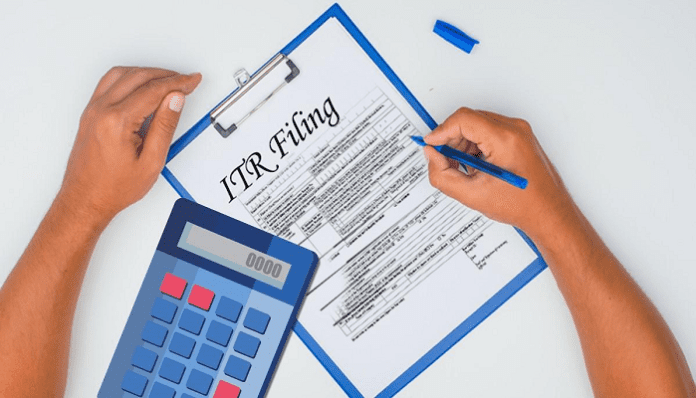All citizens of India are required to file annual income tax returns (Income tax returns 2024). In case of retirement, tax has to be paid on pension, gratuity and employee provident fund. The taxation process is different for government and non-government employees. If a lump sum amount is received at the time of retirement, it is completely free from taxes for government employees.
How much tax is charged on pension?
The taxation process is different for government and non-government employees. If a lump sum amount is received at the time of retirement, it is completely free from taxes for government employees.
On the other hand, non-government employees, who receive 100 per cent of pension less gratuity amount, have to pay tax on 50 per cent of the total amount. The remaining 50 percent is exempted from income tax.
If a private sector employee gets 100 percent pension including gratuity, one-third of the amount is exempt from tax.
How much tax is levied on gratuity?
Government employees are completely exempted from tax on the gratuity amount they receive at the time of retirement. For non-government employees, the taxation process happens in two ways.
The exemption under the Payment of Gratuity Act of 1972 applies to the lower of the actual amount received as gratuity, 15 days’ salary or Rs 20 lakh for each year worked for the firm.
For those who are not covered under the Payment of Gratuity Act of 1972, the exemption applies to the lowest amount. It is calculated on the actual amount received as gratuity, half a month’s salary or Rs 10 lakh for each year worked for the firm.
How much tax is levied on EPF?
Withdrawal of Employee Provident Fund (EPF) amount after retirement is exempt from tax. As per the Income Tax Act, the balance in the employee’s account on the date of termination of employment is exempt from tax.
Discounts are available in retirement benefits
It is necessary to file ITR for retirement benefits. For this, documents like pension statement and Form 16 are required. There are also several deductions and exemptions for retirement benefits.
With these the tax burden can be reduced to some extent. With the old tax system, a taxpayer can get a deduction of up to Rs 1.5 lakh under Section 80c of the Income Tax Act.

